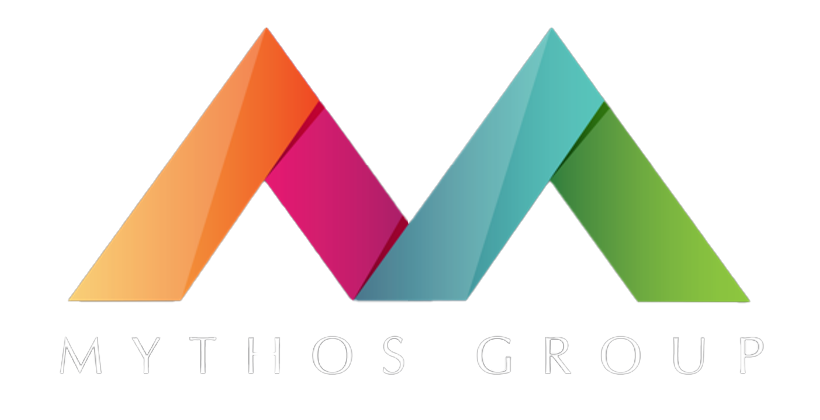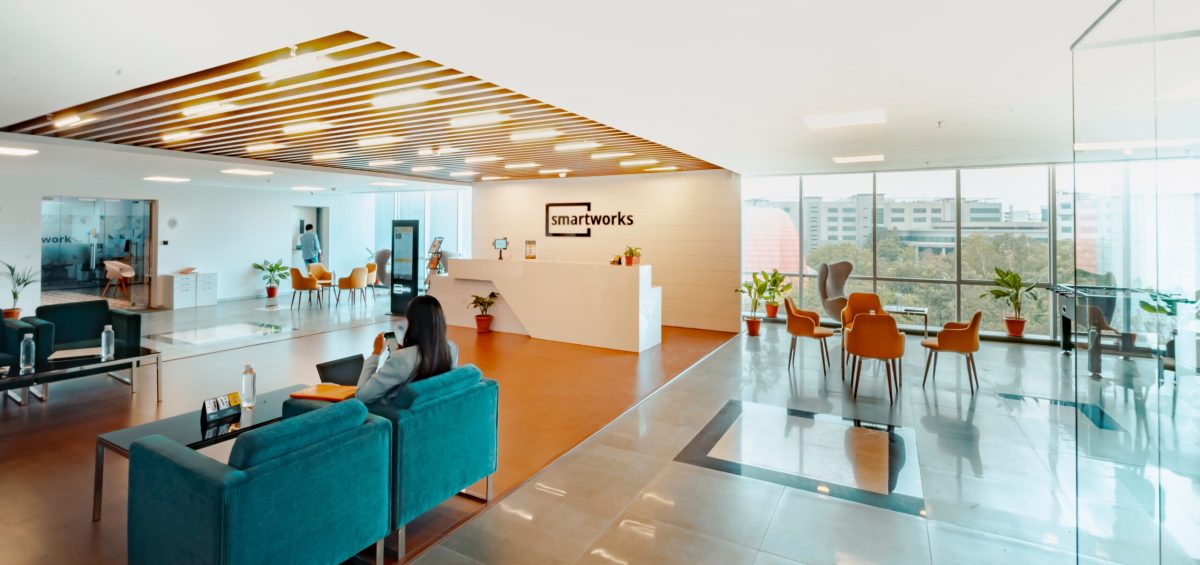Post-COVID-19, Creating A New Normal In The Workplace,
Some days it’s hard to imagine, but one day this will all be over. A vaccine, or vaccines, will have been developed and distributed, the deaths and illnesses will have ceased, and we will be able to work and socialize again. But not in the same way. The economic and societal impacts of COVID-19 are likely to be felt for a long time, and we will all be much more attuned to the risk of future pandemics. That certainly applies to the workplace; there is no ‘going back’, only a ‘new normal’.
But what should that new normal look like? And how do we get there?
In the paper I have authored for Mythos Group, I consider four key areas:
1. Redesigning the workplace for safety
2. Reimagining and reconstructing how work is done
3. Who do we bring back onsite and when?
4. Rethinking and refining operations
My focus here is on the fourth key element.
Rethinking And Refining Operations
As organizations ready themselves to reopen in some capacity, they must reassess, rethink, and refine their operations to increase safety, reduce their real estate footprint, decrease operating costs, and improve productivity.
We have identified a few considerations to help organizations reimagine their operations:
New Safety Protocols: Before reopening, organizations must develop new public health and safety plans and procedures, including a COVID-19 Infectious Diseases Preparedness Protection and Response Plan.
New onboarding programs must be developed to help employees with understanding the changes in safety procedures, such as temperature checks, usage of masks and gloves, cleaning and disinfection of the workspace, etc.
Reduce Real Estate Footprint: Before COVID-19, organizations spent a significant amount of money on real estate, either leasing huge office spaces in prime locations or building large campuses. However, post-COVID-19 the real estate realities for an organization are going to be very different; they have an opportunity to rethink their real estate footprint, and transform the design of what office space they retain to serve specific organizational priorities.
Organizations leasing office space should where possible renegotiate the lease and consider off-loading unused office space. Those owning property should consider consolidating their office space and leasing or selling the excess unused space.
By reducing their real estate footprint, organizations have an opportunity to dramatically reduce their operating cost.
Customer Interaction And Air Travel: The COVID-19 pandemic has transformed the way organizations interact with their customers, with most customer interactions now done virtually, using digital technologies. Meanwhile, reduced air travel has resulted in noticeable cost savings. Moving forward, as travel restrictions are eased, organizations must refine and formalize their new travel policies, striking an appropriate balance between in-person and virtual meetings.
Reimagining The Workplace
Organizations of all types are faced with the daunting task of navigating the disruption caused by the COVID-19 pandemic and shouldering the responsibility of creating a new post-COVID-19 normal. But the opportunity exists not only to re-instill confidence in their employees but also build resiliency against any future disruptions. The time is now – for the longer, an organization waits, the more challenging it will become.
Mythos Group’s white paper, Post-COVID-19, Reimagining The Workplace, contains more detail on this and other recommendations, and is available to download for free from https://bit.ly/MG-White Papers.







